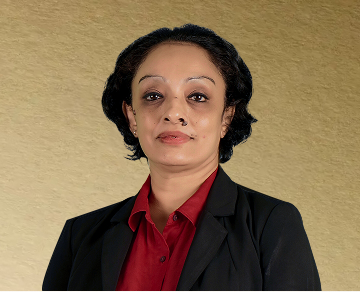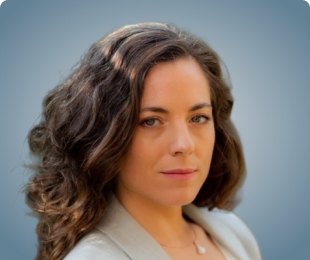

Home 

The Global Landscape of Infrastructure Risk
Implementing Partner: Build Change
Project name:Global Infrastructure Resilience Report, First Edition, Chapter 2
This chapter examines global infrastructure risks, estimating annual average losses (AAL) at $301-$330 billion. LMICs—especially in South Asia and Latin America—face disproportionate vulnerabilities, with climate change intensifying risks in low-income nations.
Sector-specific challenges in power, transport, and telecommunications underscore the urgent need for financial risk metrics to guide resilience investments.
Strengthening fiscal strategies and prioritizing risk-informed infrastructure planning will help reduce economic disruptions and support sustainable development in high-risk regions.
https://biennialdigitalreport.cdri.world/the-global-landscape-of-infrastructure-risk/
LMICs
due to climatic hazards
Impact
1
Quantifying annual average losses (AAL) at $301–$330 billion highlights the urgency of resilience investments in high-risk LMICs. Prioritizing risk reduction strategies can reduce economic losses, strengthen infrastructure, and enhance long-term stability in vulnerable regions.
2
Climate change risk assessments can inform adaptive infrastructure designs, reducing vulnerabilities in high-risk regions like Sub-Saharan Africa. By integrating climate resilience into planning, nations can reduce impacts, enhance sustainability, and safeguard critical infrastructure against future environmental challenges.
3
Sector-specific risk data can drive targeted interventions, strengthening resilience in key sectors like power and telecommunications. By informing strategic planning and investment, this data helps reduce disruptions, ensuring reliable infrastructure and sustainable development in high-risk regions.





